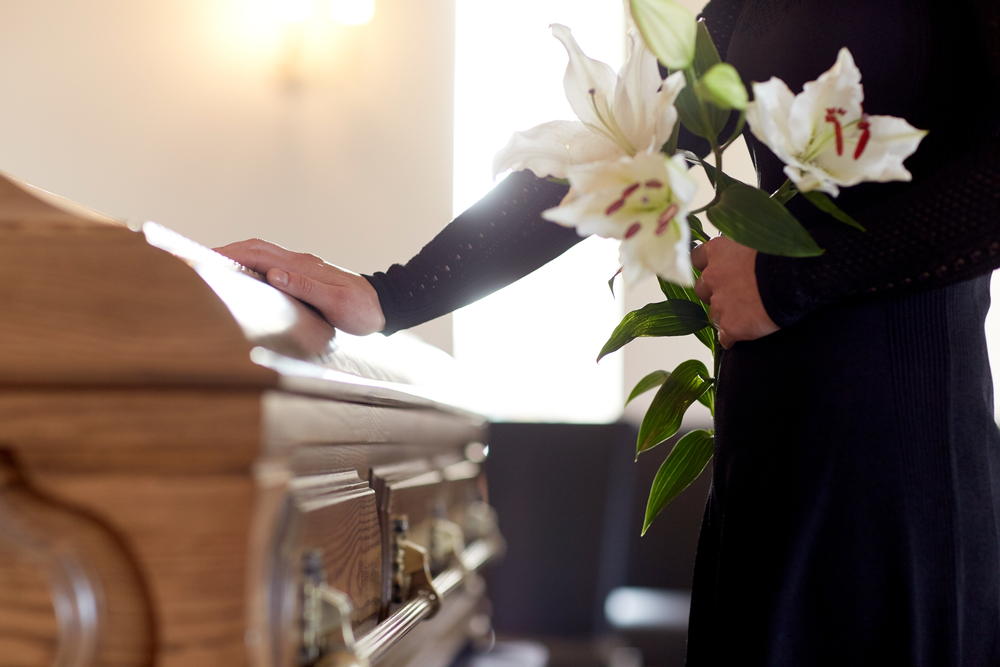Anxiety can put a strain on any relationship, but it is especially hard on intimate partners. People facing anxiety can come to depend on their spouses for everything, or they can withdraw from their relationships. Knowing the signs of Generalized Anxiety Disorder (GAD) can help you and your spouse or partner manage your reactions to stressful events, and improve your relationship, and your intimacy.
What is Generalized Anxiety Disorder?
Anxiety isn’t just one mental health disorder. It comes in many different forms. Generalized Anxiety Disorder (GAD) is a type of anxiety that causes persistent and excessive worry about multiple different issues. If you have GAD you may worry about unlikely events (such as natural disasters) or expect the worst in every social interaction. Other symptoms of GAD include:
- Restlessness
- Being easily startled
- Insomnia
- Fatigue or exhaustion
- Rapid heartbeat
- Shaking
- Numbness or tingling
- Stomach aches
- Muscle tension
- Irritability
- Sweaty palms
GAD affects 3.1% of the population, including 6.8 million adults in America. While there is no one cause for this type of anxiety, a person’s habits (including excess caffeine or tobacco use), life experiences (such as childhood trauma), and upbringing (family history or exposure to stressful situations) can all increase the chances of developing anxiety. These different influences can affect the way a person with GAD engages in relationships – driving them either toward dependency or avoidance.
Get Anxiety Out of Your Relationship.
Talk to a psychotherapist today about how to overcome generalized anxiety disorder.
Anxiety and Dependency
Some people with GAD feel insecure in their relationships. They may worry that the next fight will be their last, foreseeing a breakup or divorce in every disagreement. Dependent partners try to quiet their intense desire for closeness with partners (and friends) by depending on them for constant support and reassurance. However, GAD can also cause spikes of anger or irritability, causing the dependent partner to lash out at their partner for fear of rejection or loss of connections.
Anxiety and Avoidance
Others with GAD try to protect themselves against the catastrophes they envision by avoiding conflict and close connections. Avoidant partners tend to conceal their feelings, denying vulnerability and avoiding all negative emotions. As a result, they can appeal cold, stand-offish, or lacking empathy, even toward those closest to them.
GAD Presents Challenges for Intimate Couples
One core problem for people with GAD is that the worry and anxiety can drown out joy, pleasure, and trust. This creates additional strain for couples as fear and jealousy can make a person suspicious and distrustful of their spouse. People who live with the constant worry of GAD can also find sex and intimacy difficult because their stress distracts from the feelings of the moment.
Strategies for Couples Dealing with Generalized Anxiety Disorder
The most important thing for couples dealing with GAD, is to get professional help. Particularly in high-dependency cases, when a spouse tries to act as a therapist it can only increase the couple’s problem. Psychotherapy is a highly effective for Generalized Anxiety Disorder, teaching patients methods to turn off their worry and interrupt disruptive thought patterns. Couples can then use these methods when anxiety triggers conflict at home.
For example, if a dependent spouse becomes suspicious of their partner, they can recognize it as a symptom of their anxiety and then look at objective measurements to regain perspective on the situation. Their spouse can empower them to make choices on their own and avoid escalating conflict when they become angry or irritable.
When one spouse is overly distant, they can use psychotherapy techniques to explore their emotions. Then their spouse can encourage them to express those emotions more openly. At the same time, the supporting spouse can work to manage their own emotions, helping the spouse with anxiety see that not every disagreement will cause an outburst or a fight.
Anxiety disorders, including GAD, can be hard on relationships, but you can learn a healthier attachment style. By working with a professional therapist and implementing changes at home, you can learn to trust your spouse again and regain joy in you most intimate relationships.
David Stanislaw is a psychotherapist with over 30 years of experience. He helps individuals and couples learn strategies for managing anxiety and protecting their relationships. Contact David Stanislaw to get help today.


 Breaking the Cycle: Healthy Parenting Tips for PTSD Survivors
Breaking the Cycle: Healthy Parenting Tips for PTSD Survivors How Bereavement Counseling Helps with Loss
How Bereavement Counseling Helps with Loss Long-Distance Relationships and Loneliness
Long-Distance Relationships and Loneliness